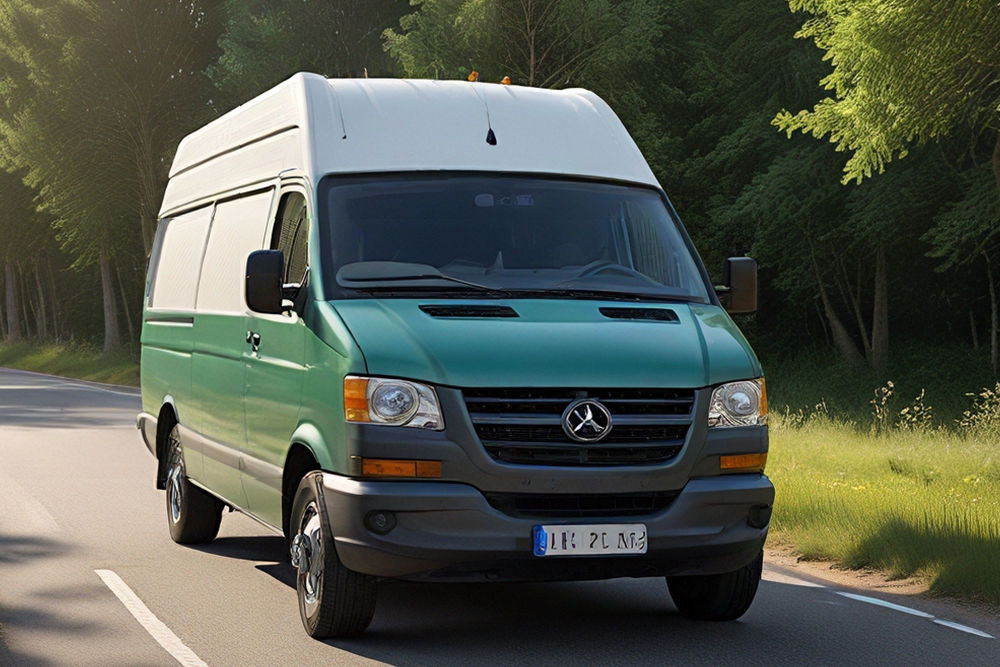Key Tips for Purchasing a Used Commercial Van
Discover essential tips for purchasing a used commercial van. Learn how to verify seller credibility, inspect vehicle condition, review history reports, perform test drives, and understand costs involved. These guidelines help you make a smart, informed decision when buying a used van for business or personal use.
Sponsored

Essential Tips for Buying a Used Commercial Van
Vans are favored for their spaciousness and practicality, making them ideal for business or personal purposes. New models often come with high price tags, often starting around €30,000. As a cost-effective alternative, buying a used van can be a smart choice. However, it's important to consider several factors to ensure a wise purchase.
1. Seller’s Credibility
Whether buying from a private individual or a dealership, verifying the seller’s trustworthiness is crucial. Private sellers may prefer direct sales, which can save costs but pose risks if not carefully vetted. Ensure the seller’s identity matches the vehicle’s registration and review their reputation if dealing with a dealership.
Always confirm the seller’s reliability, especially when dealing privately. It's wise to request proof of ownership and verify that the used van is registered under the seller’s name. Conduct research on dealerships by reading customer reviews to ensure a reputable transaction.
2. Vehicle Condition
The overall state of a used van is a vital consideration. Don’t rely solely on its exterior appearance; inspect the interior and engine health. If a bargain seems too good to be true, consider hiring a mechanic for a thorough inspection. If the seller refuses this, it might be a red flag.
3. Vehicle History Report
Reviewing the vehicle’s history is essential. This report provides details about previous ownership, repairs, accident records, and legal issues. Obtain this report from official sources like the Directorate-General for Traffic (DGT) to make an informed decision.
4. Test Drive
Always conduct a test drive after inspecting the van and consulting a mechanic. This helps evaluate how the vehicle handles and drives in real conditions. If discomfort arises during the test, consider looking elsewhere.
5. Mileage
While used vehicles tend to have higher mileage than new ones, checking the odometer helps assess the vehicle’s usage and fuel efficiency. A reasonable mileage indicates less wear and tear, improving its value proposition.
6. Registration Transfer
When purchasing from a private seller, be prepared to handle the registration transfer process. Many sellers or dealerships might not take responsibility for this step, so ensure you complete the paperwork to legally register the vehicle in your name.
7. Outstanding Taxes and Fees
Verify that all annual vehicle taxes, such as the IVTM, have been paid by the previous owner. An unpaid tax can cause legal complications. Request proof of payment or check the vehicle’s history report to confirm no outstanding amounts remain. Avoid vehicles with unpaid taxes.
8. Total Expenses
Consider all costs related to owning the used van, including minor repairs, insurance, taxes, and ongoing maintenance. Setting a budget beforehand helps streamline your search. Use online filters like “vans under €5000” to find options fitting your financial plan. Planning upfront ensures a smooth and affordable purchase process.






